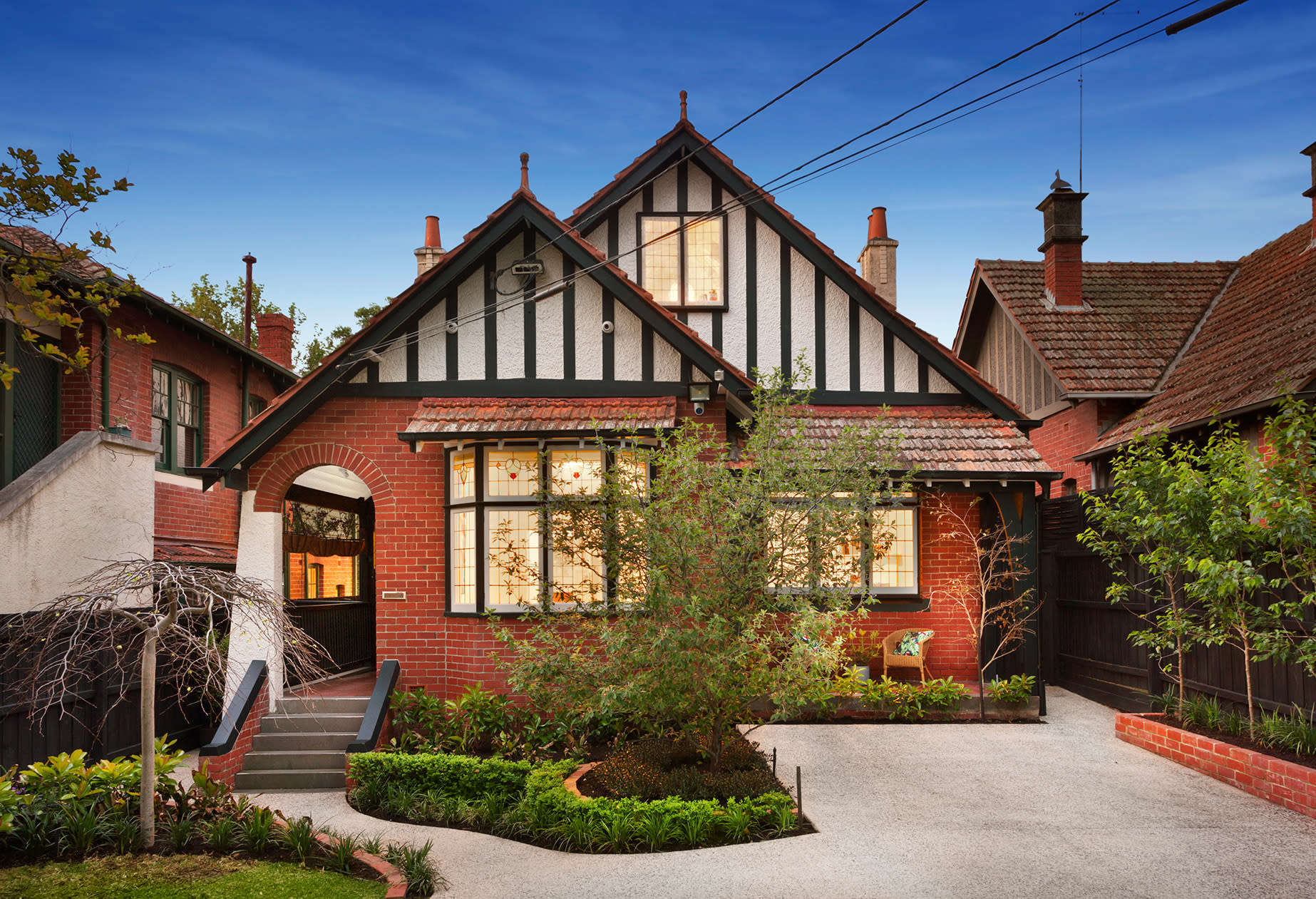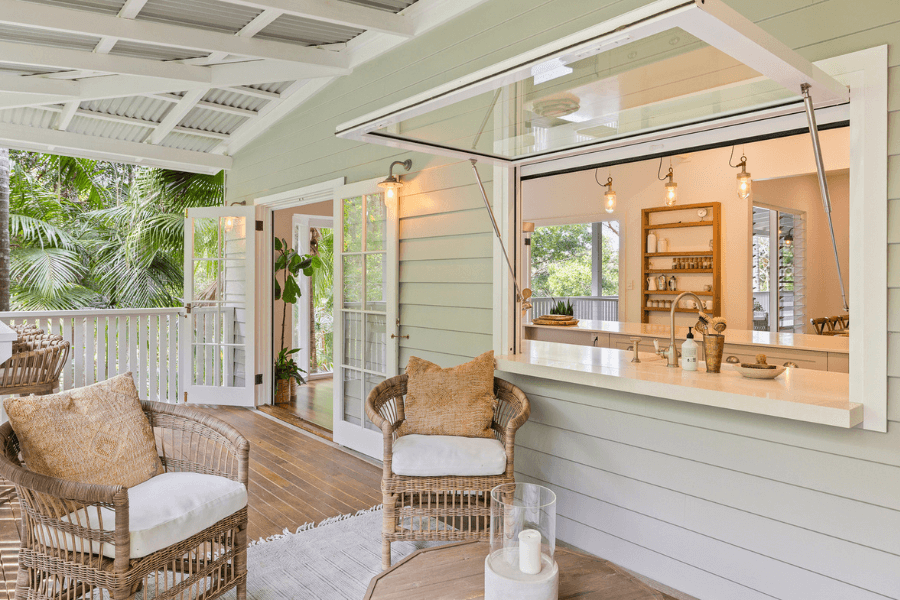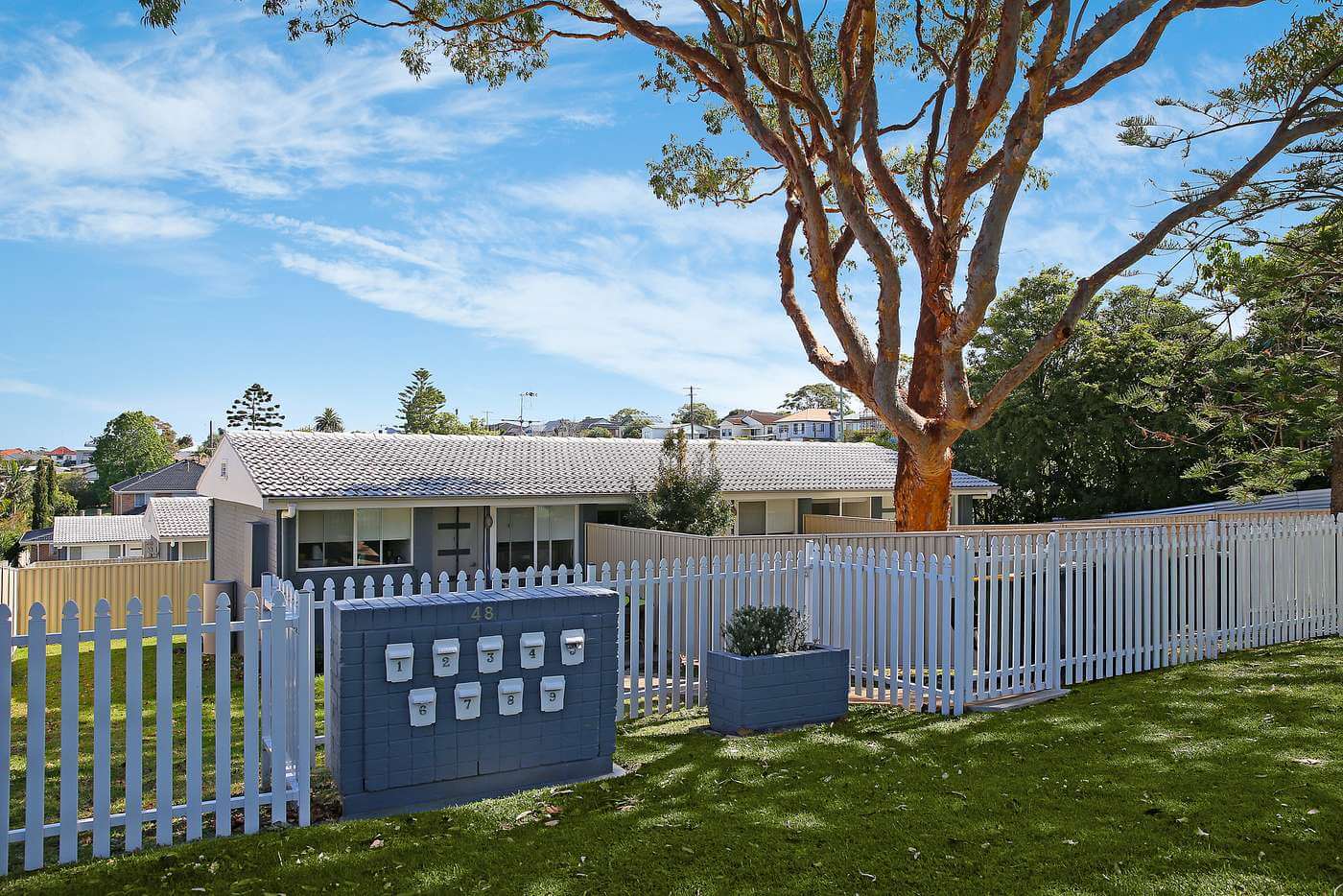It’s an age-old debate: Are your investments in the share market or housing going to be the most profitable for you in the long run? But, like most debates, there’s no hard and fast answer as it depends on many factors that come into play when weighing up the options.
For many, the sense of security of owning your own home and, hopefully, seeing it rise in value makes it the clear winner. After all, according to the Australian Bureau of Statistics the median price for a home rose from $143,921 in 1996 to $623,000 in 2016, a 332% increase.
But that’s not to say that investing in stocks, shares or even dabbling in other areas like currency trading doesn’t also have some good financial arguments in its favour. So, let’s look at the pros, and some of the cons, of both investment strategies to help determine which one might be right for you.
Property investment
 For sale: 22 Burns Street, Elwood, VIC 3184
For sale: 22 Burns Street, Elwood, VIC 3184
The fact that property is a tangible asset unlike shares, which only exist on paper, is seen as a major advantage of this type of investment. The ways property can be used to generate income, for example by renting out space to tenants, is another bonus for investors. Also, with luck, the family home will be appreciating in value long term, ready for the day when the kids have flown the nest and its owners are able to downsize and net a tidy little profit.
Certainly, in recent years this appreciation in property values has been a feature in most parts of Aus. In ABS figures from June this year covering the eight major capitals, only Darwin and Perth saw falls in property values and Melbourne and Sydney continued with their strong and consistent price growth.
Another great benefit of a property is that you can actively invest in improving and enhancing it to further increase its value, for example by extending a home to add bedrooms, renovating a kitchen and adding other features. If you do take that reno path, choose what you do carefully based on advice from local agents regarding your target market. This will help you to avoid overcapitalising and you can be almost certain that the money you spend on the home upgrades will be more than repaid when selling or renting out the property.
But, naturally, there are downsides to property ownership too, the most significant of which is that your money is tied up in it until you are ready to sell and the costs to sell are high.
Stocks & other investments

Stocks and other investments, on the other hand, are a far more fluid place to put your money and this means that you can sell any or all your holdings whenever the need arises. Plus, unlike a property that you have taken on some debt to buy and which will need to be repaid, this is generally not an issue with other investments so any money you do realise is all yours.
Anyone who has ever bought property will also be all too aware of how much the associated fees can be (conveyancing, stamp duty, body corp etc.) but this is not an issue with investments in shares. Yes, there are brokers’ fees but these are only a very small percentage of the money being invested.
What’s more, buying even the smallest property will involve a considerable personal lump sum contribution in the form of a deposit, while buying stocks and shares is a far more attainable goal when cash is limited.
If you invest wisely, and enjoy some luck too, the growth can be much faster and higher than on property. But, of course, this greater volatility could also mean that there is always the chance of losing money too.
There’s also the question of Capital Gains Tax to be considered. This is payable on any profits you make from investments, but not from your home.
So, as you can see, there are pros and cons to both forms of investment but these should not deter you from either. In fact, there are very strong reasons to include both as part of your investment portfolio. So the canny investor will look for property in an area with potential to see prices rise and do all they can to enhance their home. Then they will use any extra cash to make more fluid investments in stocks, shares and even currency exchanges.
The result: a balanced approach to investing and one which is likely to pay dividends in more ways than one.
For more advice on property investing take a look at our guide to find the right investment property, common property investment traps to avoid and seven Australian rentvestment hotspots.




